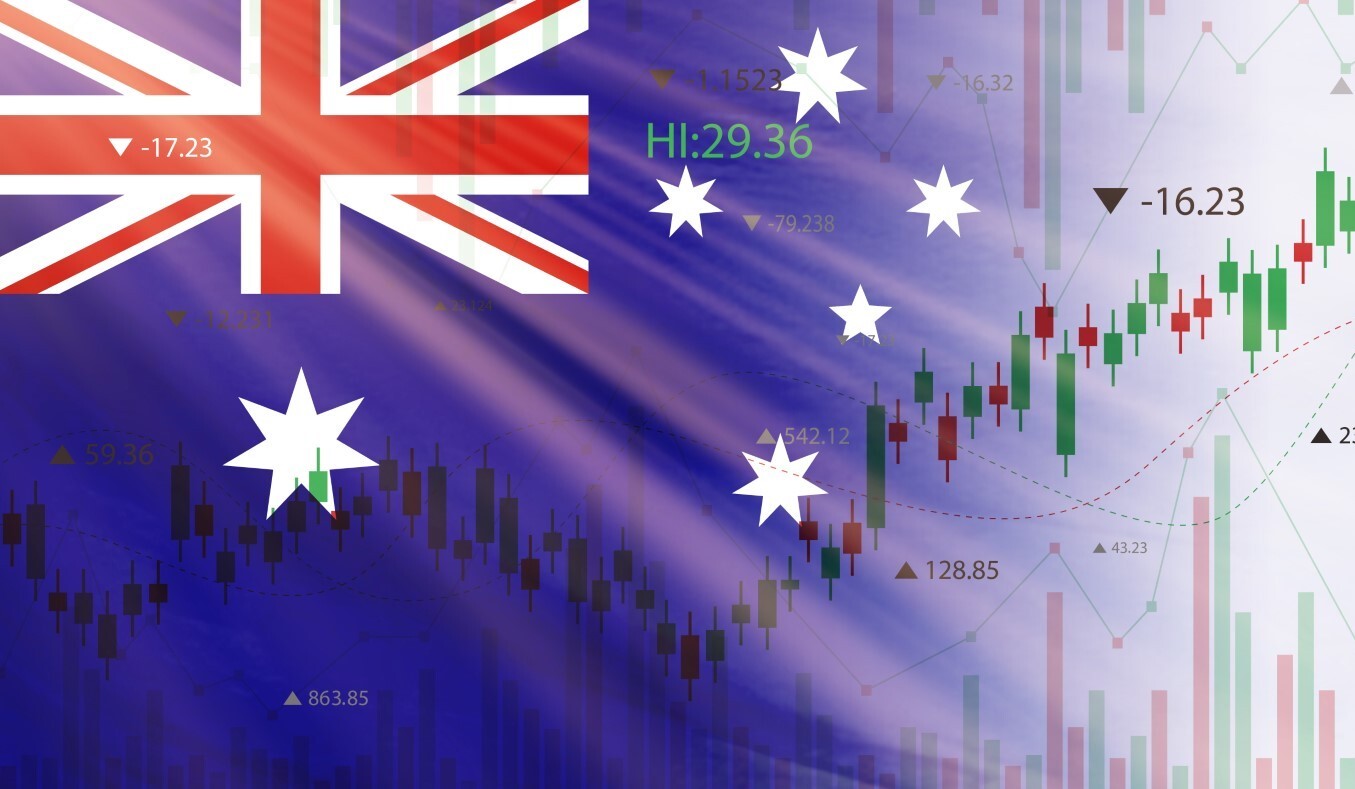After much speculation in recent years about its appetite for additional U.S. bank M&A, TD offered ~US$13.4 bln in cash to buy First Horizon Corporation (FHN)[1], a Tennessee-based regional bank, in late February, almost 15 years since its last “large” U.S. bank acquisition – Commerce Bancorp. In our view, the acquisition offers many strategic benefits given FHN: (i) is an optimal size, adding material scale with…
Insights: Banks
Canadian Banks: 2022 starts with M&A; Recovery Continues (fQ1 in Charts)
2022 is off to a noteworthy start for the Canadian banks, with long-awaited M&A announcements and another strong earnings season. In December, we posted our outlook for the year, “Canadian Banks: Five Possible Drivers in 2022”, in which we stated that the cyclical recovery was not yet over. We identified five factors that we expected would influence bank share prices during 2022: (i) reserve releases, (ii)…
Canadian Banks: BMO’s High Risk, High(er) Reward Acquisition of BoW
Bank of Montreal recently announced the acquisition of BNP Paribas’ U.S. retail banking subsidiary, Bank of the West (BoW) for ~C$20 bln – the largest acquisition in Canadian banking history. The transaction is very different from prior acquisitions made by the Canadian banks and is further complicated by the fact that BoW is not publicly traded (wholly owned by BNP), so most Canadian investors have limited…
HCAL/HCA Lead All Canadian Bank ETFs in 2021
During 2021, the Hamilton Enhanced Canadian Bank ETF (HCAL) and the Hamilton Canadian Bank Mean Reversion Index ETF (HCA) outperformed all other Canadian bank ETFs, rising 51.5% and 40.3%, respectively. Entering last year, we forecast the Canadian banks would have a very strong year (see our insight “Q4-2020 Takeaways – Recovery Has Started” and our video “Three Potential Catalysts for 2021”[1]). HCAL outperformed all strategies by…
Canadian Banks: Five Possible Drivers in 2022 (Q4 2021 in Charts)
HCAL Ends Year #1 as the Top Performing Canadian Bank ETF; Hamilton ETF AUM Exceeds $1 bln Before we discuss our outlook for 2022, we wanted to highlight that the Hamilton Enhanced Canadian Bank ETF (HCAL), the top performing bank ETF since its launch in October 2020. Year-to-date (2021), HCAL is outperforming equal weight/yield weighted strategies by 9% and covered call strategies by 14-17%. As of November…
Australian Banks: Robust Earnings and Large Capital Return
A strong recovery of the Australian economy is underway as evidenced by the solid earnings growth seen at the Australian banks in their most recent reporting season. In this insight, we discuss the positive trends impacting the sector. Specifically, we elaborate on the recent operating results (both earnings drivers and capital returns), and other positive trends including economic growth supported by further reopening as well as…
Canadian Banks: How High Can Dividends Go? (and HCAL Outperforms)
Canadian bank dividends, in our view, are poised to rise – a lot. In August, before Q3 earnings season, we argued there was no policy rationale for the continuing moratorium on dividend increases (see “Canadian Banks: Why OSFI Should Lift its Dividend Cap Now”). At the time, earnings and capital were already at all time highs. Moreover, the banks had set aside an enormous ~$21.4 bln…
Canadian Banks: Record Earnings/Capital; Still in Catalyst #2 (Q3 2021 in Charts)
Q3 earnings trends for the Canadian banks were again strong with record earnings and capital levels, while the ‘three catalyst’ investment thesis – normalization of profits, reserve releases and higher margins – we laid out for the sector in February continues to play out almost exactly as predicted[1]. We believe the banks are still supported by Catalyst #2. Before we discuss Canadian bank results in more…
Canadian Banks: Why OSFI Should Lift its Dividend Cap Now
Before we discuss why the Canadian regulator OSFI should lift its cap on dividends as soon as possible, we would like to highlight the recent launch of the Hamilton Enhanced Multi-Sector Covered Call ETF (ticker: HDIV), an equal weight portfolio of seven established covered call ETFs with a sector mix broadly consistent with that of the S&P/TSX 60. HDIV utilizes modest 25% cash leverage to support…
Canadian Banks: Reserve Releases Dominate Results; Q2-21 Takeaways (in Charts)
Reserve releases featured prominently in Q2 earnings results for the Canadian banks, another step forward for the sector in its ongoing credit recovery and just one of the positive catalysts we previously identified for Canadian bank stocks in 2021. In our October webcast, “Canadian Banks: Credit Cycle is (Basically) Over”[1], we outlined our reasoning that a credit-driven recovery in Canadian bank earnings and stocks was beginning.…
Australian Banks: Earnings Recovery in Progress; Massive Capital Return Ahead
The recovery of the Australian economy and banks is accelerating. In this insight, we discuss how the Australian banking sector – one of the world’s strongest – has firmly entered the recovery stage of the credit cycle and what that means for share prices. In the past, we have described the Canadian and Australian banking sectors as being akin to fraternal twins given their significant similarities,…
Canadian Banks: Catalyst #2 (Reserve Releases) Approaching
In this Insight, we explain why we believe reserve releases of between $6 and $8 bln for the Canadian banks are coming in 2021, which could have a material impact on share prices. While all credit cycles are unique, they each have distinct stages and this COVID credit cycle has been no different. The first stage was three quarters in duration (Q2-20 to Q4-20) and characterized…












